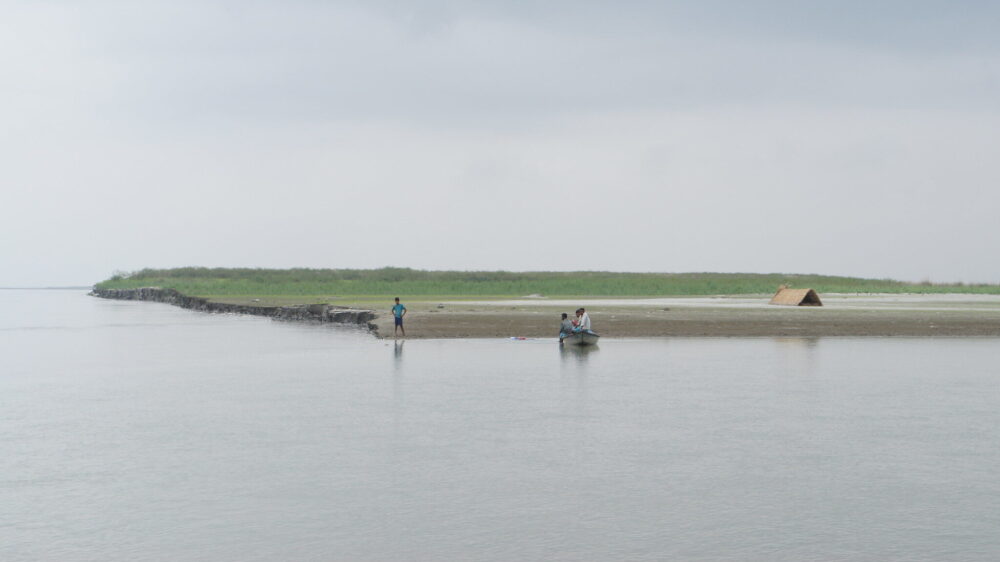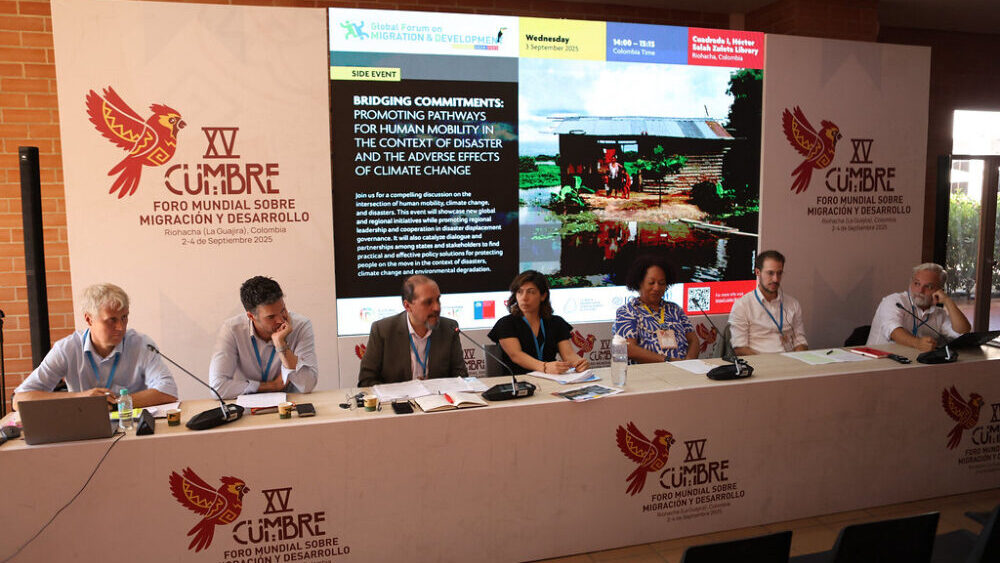Disaster Displacement at the heart of the IGAD Regional Consultative Process on migration meeting in Nairobi

On 27-28 July 2017, the Envoy of the Chair of the Platform on Disaster Displacement participated in the 9th Regional Consultative Process on migration for the IGAD region (Intergovernmental Authority on Development) that took place in Kenya and included Member States, and representatives from academia, UN agencies, civil society, and National Platforms for Disaster Risk Reduction.
In Somalia, the UN Refugee Agency reported that over 700,000 people were displaced by drought between November 2016 and May 2017. In the eastern parts of Ethiopia, over 200,000 people were displaced by drought between January and June 2017 (International Organization for Migration) and more than 4,000 people had crossed borders into Ethiopia from Somalia early this year, again because of drought (UN Office for the Coordination of Humanitarian Affairs).
Recognizing the realities of the adverse effects of climate change and the growing challenges related to disaster displacement and the vulnerability of the region to climate variability events such as floods, droughts, or heavy rains, participants, including government representatives from Djibouti, Eritrea, Ethiopia, Kenya, Somalia, South Sudan, Sudan and Uganda held productive and constructive discussions.
The Regional Consultative Process (RCP) concept is an informal, non-binding mechanism with an overall objective of facilitating dialogue and regional cooperation in migration management, by creating a platform through which information is exchanged, best practices are shared and solutions to common challenges are pursued.
This RCP on Climate Change and Human Mobility was co-organised by IGAD, PDD and IOM with the objective of increasing awareness around issues related to displacement caused by natural disasters and building a common understanding on protection gaps and opportunities.
The Envoy presented the recommendations of the 2014 Nansen Initiative (NI) Regional Consultation held in Kenya, explained the transition from the NI to PDD, the relevance of the NI Protection Agenda for the region, as well as PDD’s approach towards improving data and knowledge gaps and promoting effective practices and policy coherence at the global and regional levels. Recommendations raised by the Envoy for the region focused on creating and expanding safe and regular pathways for migration through Freedom of Movement Protocols for disaster displaced persons and on how PDD can assist IGAD to reach that objective.
In closing, the 9th IGAD RCP presented concrete recommendations which include:
- Finalising the study on Climate Change and Human Mobility (country-specific data, sharing good practice at the subnational level, identifying data gaps, simulating climate change scenarios, developing regional and national recommendations).
- IGAD to work towards policy coherence and mainstreaming climate-induced mobility in regional and national policy frameworks (protocols on free movement of persons and transhumance).
- Updating of IGAD Risk Atlas (including capacity building for Member States).
Overall, the meeting was successful and dynamic, it showed that participants recognise the need to integrate national migration strategies into national development plans and factor in displacement and human mobility in the context of disasters and climate change.





